Dvar Torah for Parshat VaEra 5771
Dvar Torah for Parshat VaEra
Based on Tzaddik #162* and Likutey Halakhot, Devarim Habaim b’Seudah 4:14
“God said to Moshe, ‘Look here! I have installed you as Elokim (a god) to Pharaoh’” (Exodus 7:1). “And I [God] will harden Pharaoh’s heart…and he will not listen to you” (ibid. 3–4).
A major theological problem presented in this week’s Torah reading concerns free will, namely God’s removing Pharaoh’s free will by “hardening his heart.” That issue we will not address, but we will say something about free will.
The Midrash (Tanchuma, VaEra #8) has a problem. How can God, the One and Only Elokim, call Moshe “Elokim,” God’s own name?! The Midrash answers God is called “the honoring King” (Psalms 24:7) because He grants honor to His servants. The Midrash offers a few examples, including the following:
One may not use the scepter of a flesh-and-blood king, but the Holy One, Blessed be He, entrusted His scepter to Moshe, as it says (Exodus 4:20), “Moshe took Elokim’s staff in his hand.”
When God told Moshe Rabbeinu (our teacher) to take His staff, He told him it would be used to perform the wonders that would lead to the Exodus from Egypt. Now, I don’t know if this is where the idea of a magic wand comes from, but I do know that Rebbe Nachman sees Elokim’s staff as something much more profound. He sees it as an icon of free will (Likutey Moharan I, Lesson #79).
One of the Rebbe’s followers, Reb Yitzchak Isaac, told Reb Noson that when Rebbe Nachman was giving this teaching, the Rebbe held a staff and said, “and the staff of God in my hand” (Exodus 17:9). The emphasis on in my hand, Reb Noson says, implied that God’s staff, free will, is controlled by the tzaddik. Having reached a level of Shabbos/Shabbat—total rest from the human struggle between the good and evil inclinations, such that for the tzaddik evil is no longer a choice—he can control the free will of others as well.
That is, the tzaddik can take away a person’s free will so that the person will change his life and return totally to God. Nu, so why doesn’t the tzaddik do this? Because, says Reb Noson, that would not be any tikkun (rectification, fixing) at all. Your teshuvah (return) has to be your decision. What a true tzaddik does do, however, is engage in a “dance” with the person who seeks him out. As the person’s life and choices unfold, the tzaddik offers (and withholds!) teachings, insights and encouragement in a remarkable manner such that ultimately the person who really wants to, “gets it,” and of his own free will chooses teshuvah.
No matter what, may we keep our hearts soft enough to be receptive to the tzaddik’s teachings, and strong enough to choose what’s right. Amen.
agutn Shabbos!
Shabbat Shalom!
© Copyright 2010 Breslov Research Institute
*Chayei Moharan #36
- 2 comments


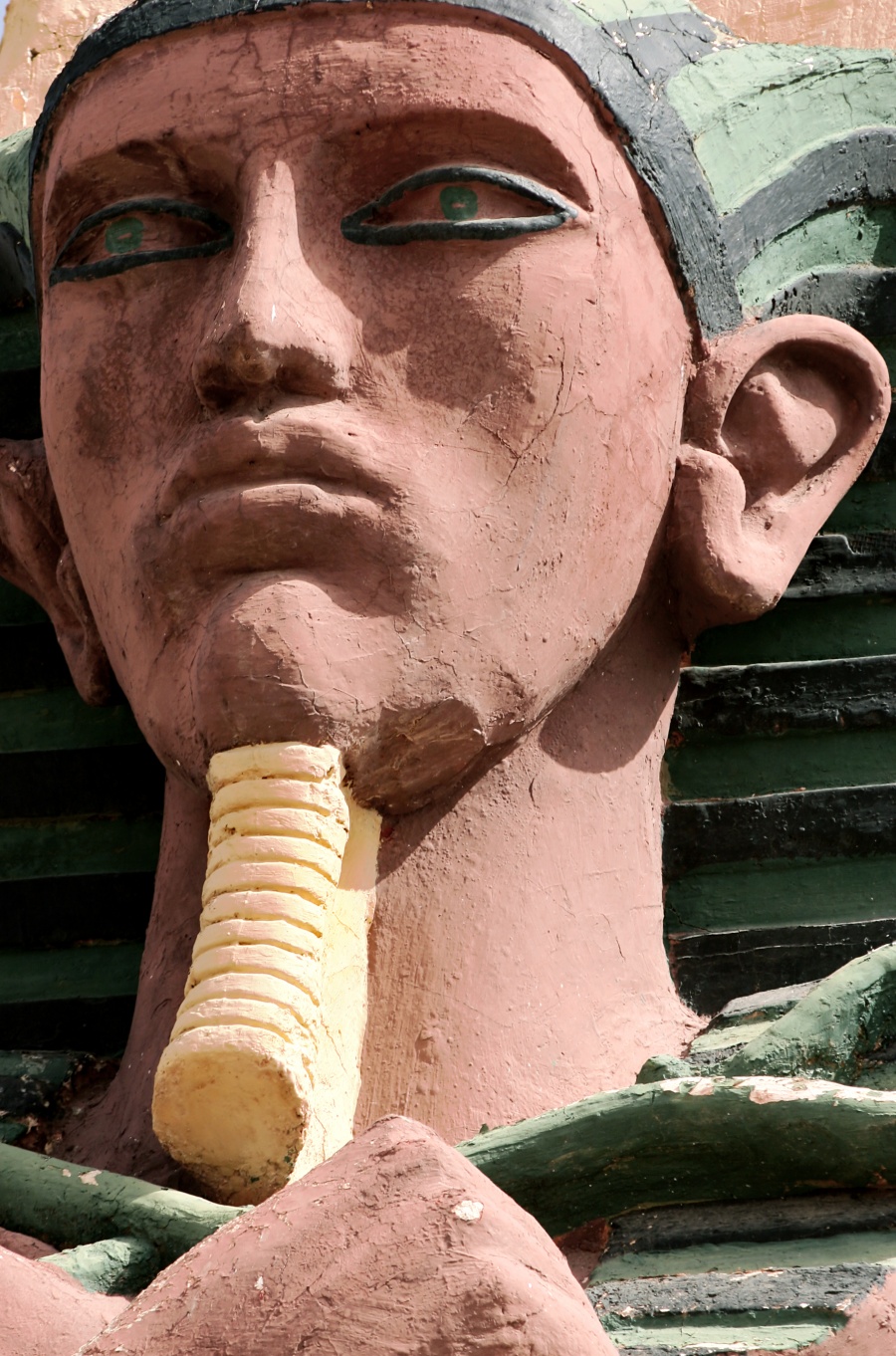
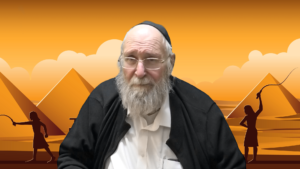
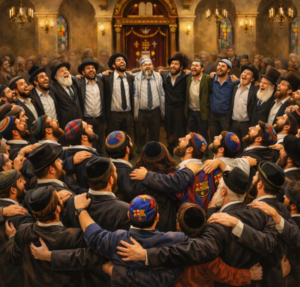
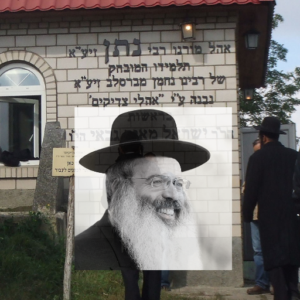


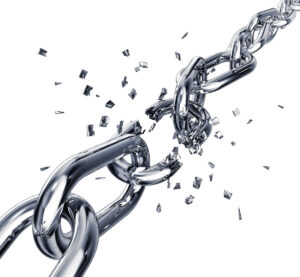


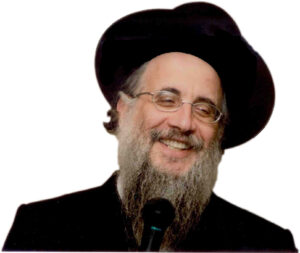
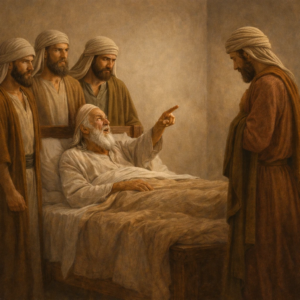

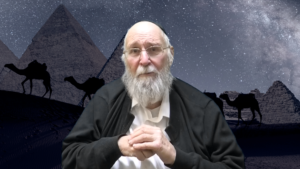








2 Responses
So why didn’t Moshe (the Tzaddik) ‘dance’ with Pharaoh?
Moshe did a different “dance” with Pharaoh, maybe more than one. We’ll see in P’ Bo when Hashem tells Moshe, “Bo (come) to Pharaoh.”